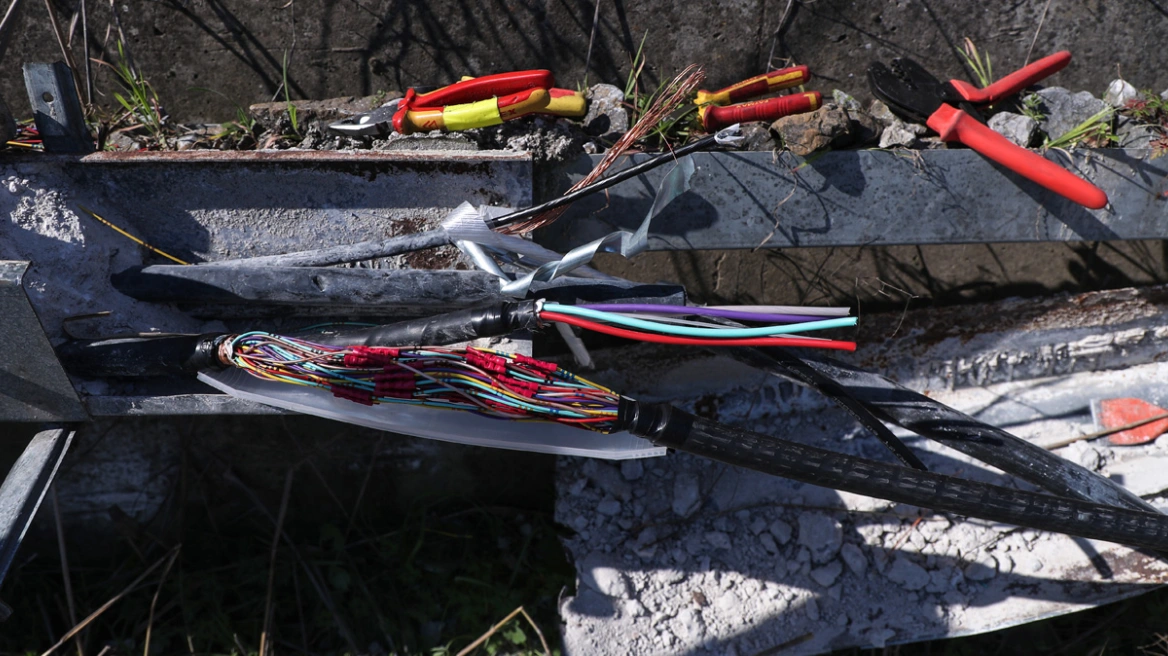The humiliating 2016 election is over, and with it the daily damaging revelations about her terrible term as Secretary of State, but Hillary Clinton is not in the clear yet. On Tuesday, a U.S. district court judge ordered the State Department to conduct a new search — one it should have done a long time ago — into emails related to the Benghazi attack.
The order comes in response to a Freedom of Information Act request submitted by Judicial Watch, a conservative watchdog group known for its dogged pursuit of the truth behind the actions of our political leaders. The organization maintains that the State Department has failed to fully look into the communications from Clinton regarding the tragic terrorist attack on the U.S. compound in Benghazi, Libya, on September 11, 2012, which resulted in the death of four Americans and for which Clinton has been blamed not only for badly mishandling the situation, but deliberately attempting to mislead the public about its causes afterward.
Though the department reviewed the 30,000 emails Clinton turned over, the tens of thousands turned over by Clinton’s top three aides, and those submitted by the FBI, the State Department never searched its own records. This failure, Judicial Watch argues, can’t be allowed to stand. As Politico reports, the Obama-appointed judge, U.S. District Court Judge Amit Mehta, agrees.
“To date, State has searched only data compilations originating from outside sources — Secretary Clinton, her former aides, and the FBI. … It has not, however, searched the one records system over which it has always had control and that is almost certain to contain some responsive records: the state.gov e-mail server,” Judge Mehta wrote in a lengthy ruling Tuesday.
“If Secretary Clinton sent an e-mail about Benghazi to Abedin, Mills, or Sullivan at his or her state.gov e-mail address, or if one of them sent an e-mail to Secretary Clinton using his or her state.gov account, then State’s server presumably would have captured and stored such an e-mail. Therefore, State has an obligation to search its own server for responsive records.”
Mehta described the FOIA lawsuit as “a far cry from a typical FOIA case. Secretary Clinton used a private e-mail server, located in her home, to transmit and receive work-related communications during her tenure as Secretary of State.”
Though the Justice Department argued that the laborious task of combing through all the emails sent from Clinton’s private server to State Department employees might set back other FOIA requests, Mehta maintained that the circumstances surrounding Clinton’s emails were unique.
One key question, Politico points out, is whether the State Department’s archives successfully captured all of the emails of Clinton’s aides. “State Department officials have said there was no routine, automated archiving of official email during Clinton’s tenure,” the outlet notes.
Ask me anything
Explore related questions





